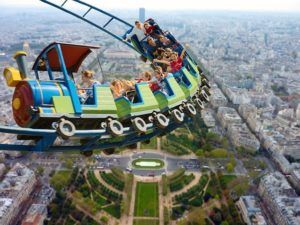 Texas DWI laws do not allow much freedom after a conviction, even for first-time offenders. Any Texas DWI means that you will face a minimum jail requirement, steep fines, community service and an ignition interlock requirement. First-time offenders now have the option to install the device, as well, a fairly recent luxury that allows a bit more freedom than waiting out a suspended or restricted license.
Texas DWI laws do not allow much freedom after a conviction, even for first-time offenders. Any Texas DWI means that you will face a minimum jail requirement, steep fines, community service and an ignition interlock requirement. First-time offenders now have the option to install the device, as well, a fairly recent luxury that allows a bit more freedom than waiting out a suspended or restricted license.
However, there are plenty of other ways to hurt yourself when you’re intoxicated, not to mention others around you. A quick search through the Texas DWI code brings up a law that addresses the problem of intoxicated people operating amusement rides or constructing them at carnivals. So, yes, there are laws against intoxicated roller coaster shenanigans that in Texas, and it is a good thing, too.
Anyone who puts together a carnival roller coaster or other amusement rides is responsible for the safety of those who will ride the rides. If the person in charge has been drinking, they are essentially putting together and/or running a vehicle for disaster. In Texas, even just running the roller coaster or other amusement park ride falls under the same Texas DWI statute, because when you push the “go” button, you are the driver of the roller coaster or amusement ride. The legal consequences are different than a Texas DWI in a motor vehicle, but the danger is pretty similar.
If you are caught operating or assembling an amusement ride while intoxicated, you’re going to face some criminal troubles of your own. Operating machinery, whether a car, construction equipment or an amusement park ride while intoxicated isn’t much different than a DWI and the risk to people who are trusting your judgment is obvious. Nobody wants an intoxicated person to be in charge of their safety, and once a person is strapped in and locked down to a ride, their fate is quite literally your hands.

 You and Your California Ignition Interlock
You and Your California Ignition Interlock